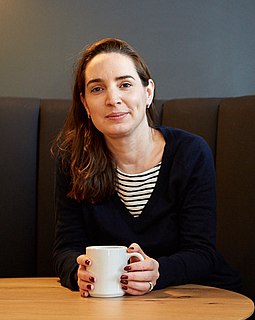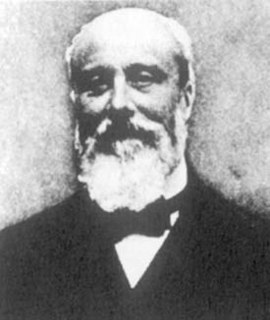A Quote by Steve Blank
Customer discovery is the process of translating a founder's vision for the company into hypotheses about each component of the business model and creating a set of experiments to test each hypothesis.
Related Quotes
Products a start-up builds are really experiments…Learning about how to build a sustainable business is the outcome of those experiments [which follow] a three-step process: Build, measure, learn.” “[A startup is] … an organization dedicated to creating something new under conditions of extreme uncertainty.
All interpretations made by a scientist are hypotheses, and all hypotheses are tentative. They must forever be tested and they must be revised if found to be unsatisfactory. Hence, a change of mind in a scientist, and particularly in a great scientist, is not only not a sign of weakness but rather evidence for continuing attention to the respective problem and an ability to test the hypothesis again and again.
My model for business is The Beatles. They were four guys who kept each other kind of negative tendencies in check. They balanced each other and the total was greater than the sum of the parts. That's how I see business: great things in business are never done by one person, they're done by a team of people.
However the machine would permit us to test the hypothesis for any special value of n. We could carry out such tests for a sequence of consecutive values n=2,3,.. up to, say, n=100. If the result of at least one test were negative, the hypothesis would prove to be false; otherwise our confidence in the hypothesis would increase, and we should feel encouraged to attempt establishing the hypothesis, instead of trying to construct a counterexample.






























